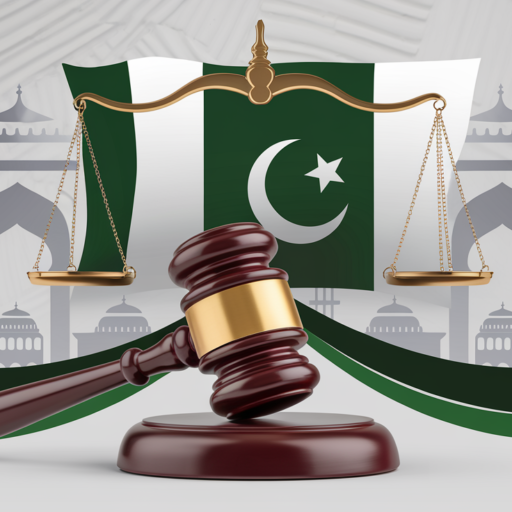Tort law in Pakistan is a significant branch of civil law that addresses civil wrongs, offering remedies for individuals who suffer harm due to another person’s actions. Unlike criminal law, which focuses on punishing offenders, tort law aims to compensate victims and hold wrongdoers accountable for their actions. Governed by legal precedents and principles, tort law ensures fairness, accountability, and justice in society.
What Is a Tort?
A tort is a civil wrong that results in harm, loss, or injury to another person. It can arise from intentional actions, negligence, or violations of legal rights. The injured party, known as the plaintiff, can seek compensation or other remedies from the wrongdoer, referred to as the defendant.
Types of Torts in Pakistan
- Negligence
Negligence is one of the most common torts. It occurs when someone fails to exercise reasonable care, resulting in harm to another person.- Examples: Medical malpractice, road accidents, or unsafe workplace conditions.
- Remedies: Monetary compensation for medical expenses, lost income, and emotional distress.
- Defamation
Defamation occurs when false statements harm someone’s reputation. It can be classified into:- Libel: Defamatory statements made in written form.
- Slander: Defamatory statements made orally.
- Remedies: Damages to compensate for reputation loss and emotional suffering.
- Trespass
Trespass involves unlawfully entering someone’s property or interfering with their possessions.- Examples: Unauthorized entry into private property or misuse of someone else’s belongings.
- Remedies: Compensation for damages or injunctions to prevent future trespassing.
- Nuisance
Nuisance refers to activities that interfere with an individual’s use or enjoyment of their property.- Examples: Excessive noise, air pollution, or obstruction of public spaces.
- Remedies: Compensation or court orders to cease the disruptive activity.
- Strict Liability
In cases of strict liability, the defendant is held responsible for harm caused by their actions, regardless of intent or negligence.- Examples: Harm caused by hazardous activities, defective products, or dangerous animals.
- Remedies: Monetary compensation to cover the damages caused.
The Importance of Tort Law in Pakistan
Tort law ensures accountability and provides a legal mechanism for individuals to seek redress for their grievances. It discourages harmful behavior, promotes social responsibility, and helps maintain a balance between individual rights and public welfare.
Why Seek Legal Assistance for Tort Cases?
Tort cases can be complex, requiring a thorough understanding of legal principles and evidence. A qualified legal professional can:
- Evaluate your case and determine the appropriate remedies.
- Represent you in court and negotiate settlements.
- Protect your rights throughout the legal process.
Conclusion
Tort law is a cornerstone of civil justice, offering remedies to victims of harm and ensuring accountability for wrongful actions. Whether you’re dealing with negligence, defamation, or nuisance, understanding your rights under tort law in Pakistan can help you seek justice effectively.
SEO-Optimized Hashtags
#TortLawPakistan #CivilLaw #NegligenceLaw #DefamationCases #TrespassLaw #NuisanceLaw #LegalHelpPakistan #StrictLiability #CivilJustice #PakistaniLaw

